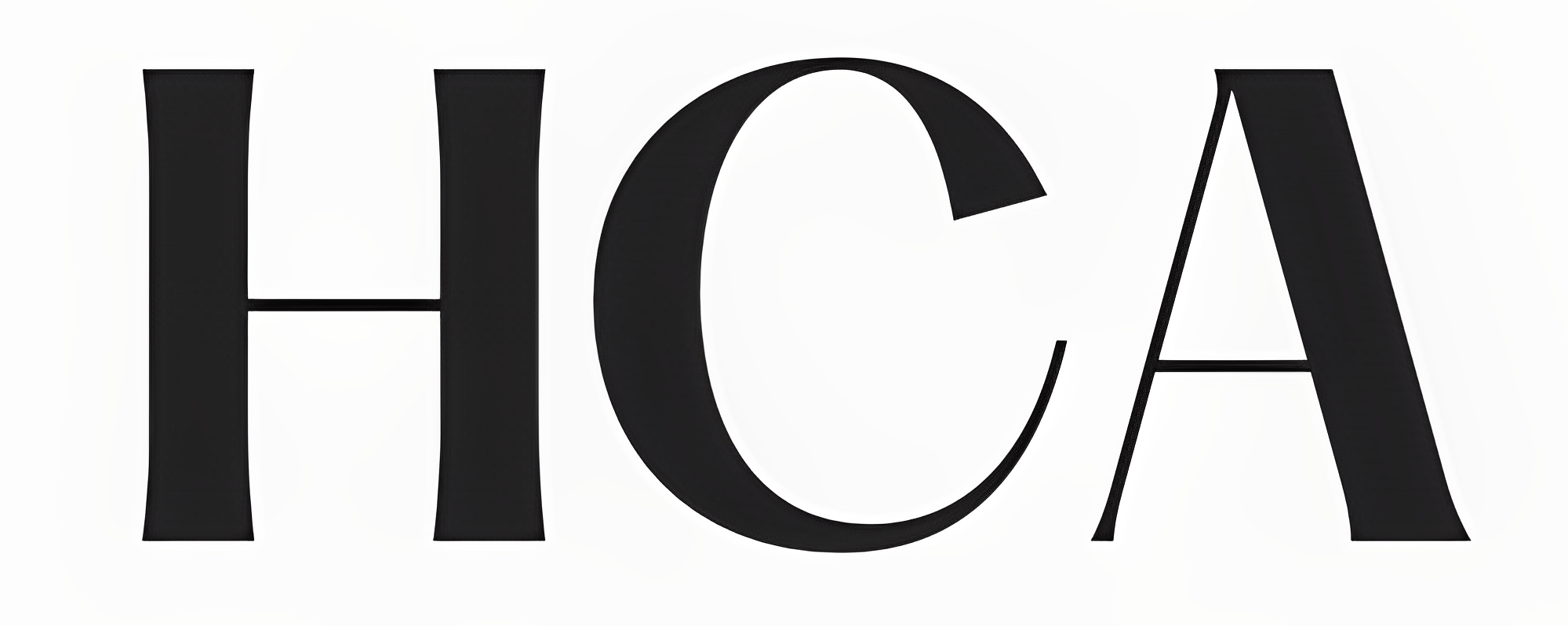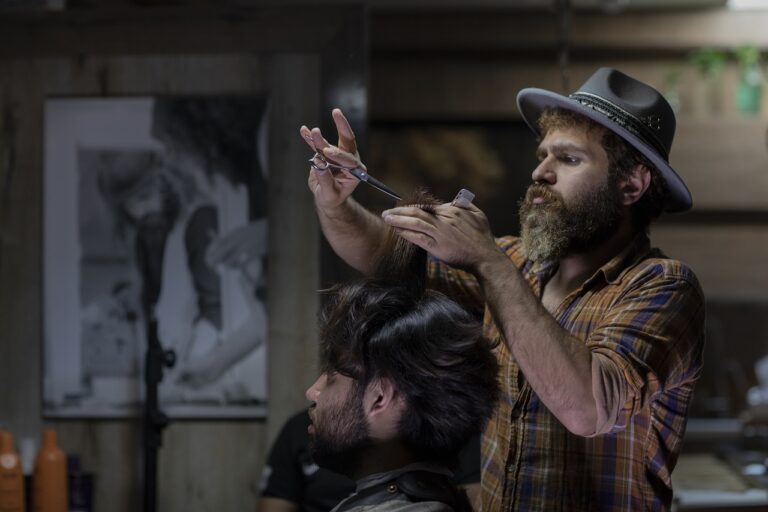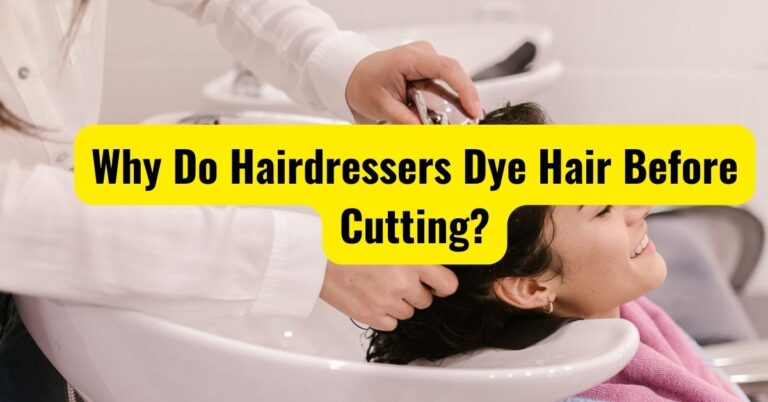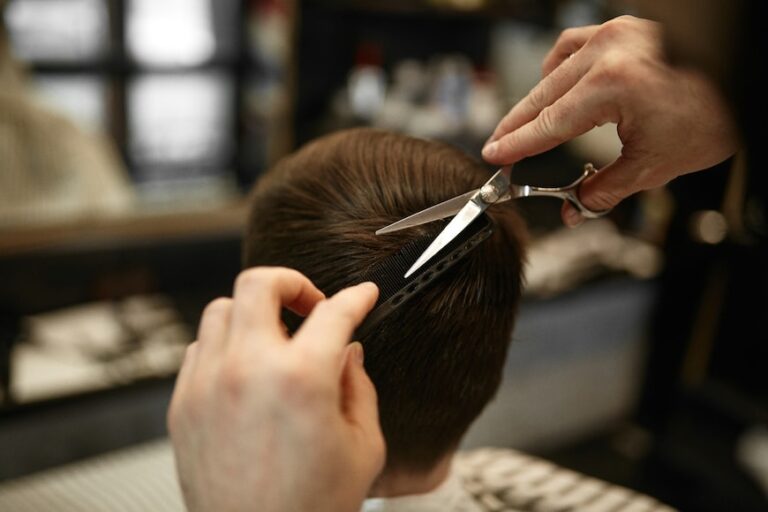Is it Illegal to Cut Hair Without a License? (Law & Punishment)
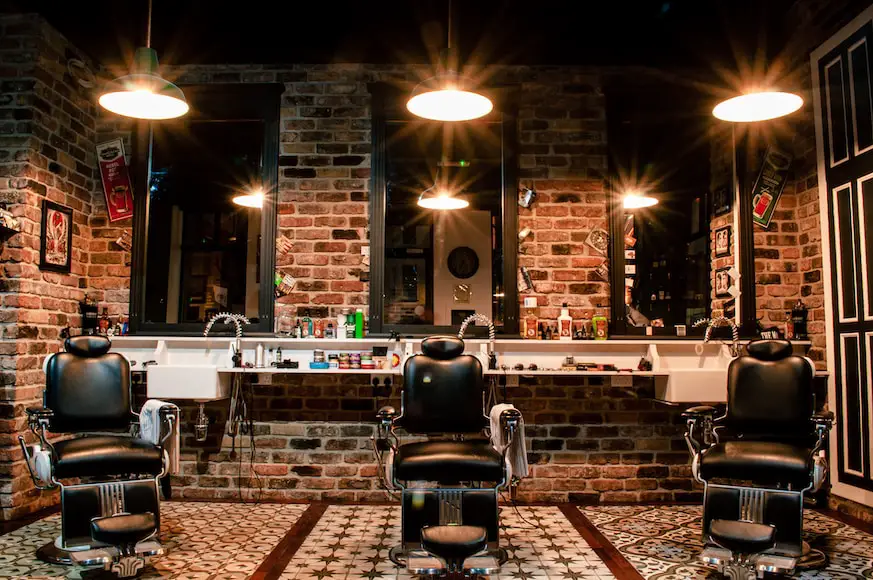
The beauty and cosmetology industry is a vast and diverse field that encompasses a wide range of services, from haircuts and styling to nail care and skincare treatments.
For those looking to pursue a career in cosmetology, obtaining the necessary licenses and certifications is often a prerequisite.
However, a common question that arises is whether it is illegal to cut hair without a license.
The answer to this question can vary significantly depending on the jurisdiction in which you reside. Different states and countries have their own laws and regulations governing the practice of cosmetology, and these regulations can have a significant impact on whether you can legally cut hair without a license.
Is it Illegal to Cut Hair Without a License?
Cutting hair might seem like a simple task, but in many places, you need a special permission called a “license” to do it legally.
So, you can’t cut hair without liscence.
The answer to this question can vary significantly depending on the jurisdiction in which you reside.
Different states and countries have their own laws and regulations governing the practice of cosmetology, and these regulations can have a significant impact on whether you can legally cut hair without a license.
For example:
To legally practice cosmetology in Washington, you must first obtain a license from a university or beauty school. Fines and misdemeanor convictions can result from practicing cosmetology without a license. When your license expires, you must also renew it.
It is illegal in New Hampshire to cut hair without a license, even if you are doing it for yourself or your family. The legislature, on the other hand, has passed a bill decriminalizing home haircuts and making it legal to cut hair without a license as long as you are not paid for it.
In New York, practicing nail specialty, waxing, natural hair styling, esthetics, or cosmetology without a license or while suspended or revoked is a violation punishable by a civil penalty of up to $500 for the first offense, $1,000 for the second offense, and $2,500 for the third and subsequent offenses.
So, If you want to cut hair without a license, you should first check your state or country’s laws and regulations.
You should also respect the person whose hair you are cutting’s consent and preferences. You could face legal consequences if you cut your hair without a license.
Read Also: Is it illegal to cut hair without consent?
Punishment for Cutting Hair Without Liscense
If you cut hair without the proper license, you could face some serious consequences:
Fines: You might have to pay a fine, and the amount can vary from $500 to $2,500 depending on where you live and how many times you’ve broken the rules.
Misdemeanor Charges: This means you could be charged with a crime, and that could lead to jail time, probation, community service, or other punishments.
License Trouble: If you already have a license, you could lose it. And if you don’t have one, you might not be able to get one in the future if you’re caught practicing without it.
Lawsuits: If you hurt someone or cause damage while cutting their hair without a license, they can take you to court. You might have to pay for their medical bills, emotional stress, lost income, or other problems you caused.
It’s really important to know the rules and regulations in your area before you start cutting hair without a license. You can also check out the Professional Beauty Association’s website for more information about the salon and barber industry at www.probeauty.org
Conclusion
Yes, it is against the law in many places to cut hair without a license if you do it for money or as a profession.
Cosmetology, which includes hair cutting and styling, frequently necessitates the acquisition of a cosmetology license to ensure that individuals have the necessary training and skills to perform these services safely and effectively.
Violations of these licensing requirements may result in legal consequences, such as fines and other penalties, depending on the regulations in your area.
To ensure compliance, it is critical to research and understand the laws and regulations governing cosmetology in your area.
